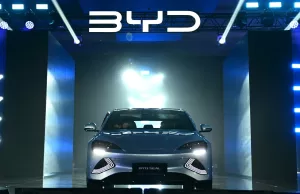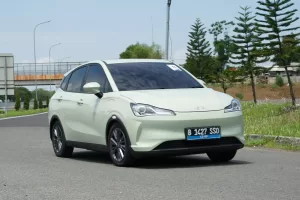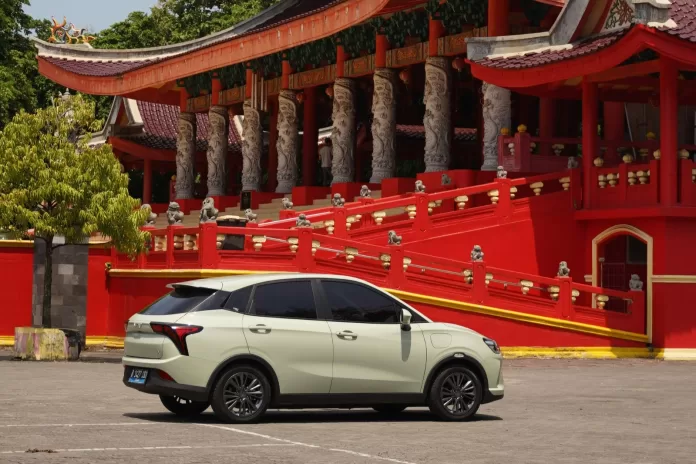The Head of Industrials Asia Pacific at HSBC Global Banking, Misi Tang, forecasts that the penetration of electric vehicles (EVs) in Indonesia could happen more rapidly, considering the significant potentials the country already possesses.
“In my opinion, Indonesia could move faster (in terms of EV penetration). Because Indonesia has existing technology, mineral resources, and geopolitical dynamics that support it. So, I think this will happen sooner,” said Misi at the HSBC Investment Forum in Jakarta, Tuesday (19/3/2024).
He cited the penetration of electric cars in China, which only took about five years to grow from five percent to 35 percent. Misi also estimated that the penetration of electric cars in China could increase to 53 percent by 2025.
When penetration reaches 35 percent, Misi stated that most of the new product offerings available in the market are essentially EV models, with few combustion engine or ICE models available.

Therefore, even if government subsidies are eventually removed, he projected that EV penetration will continue to increase in China.
Learning from China, Misi said that government incentives are indeed crucial when the industry starts and actively serves as an accelerator in EV development. Additionally, the role of the EV battery ecosystem is also crucial.
Echoing Misi’s sentiments, Managing Director of Wholesale Banking at HSBC Indonesia, Riko Tasmaya, stated that support for the EV battery supply chain is one of the company’s current focuses, alongside projects in other ESG sectors.
He mentioned that the company has supported Merdeka Battery Materials and a joint venture between LG and Hyundai that will produce battery cells in Indonesia.
“There have been some investments made by foreign entities that recently entered. About two years ago, there was a joint venture (JV) between LG and Hyundai. HSBC also supported that transaction. It entered as one of the first battery cell manufacturing in Indonesia,” said Riko.

On the other hand, Riko mentioned that HSBC also supports various sectors included in the electric vehicle supply chain. Some other players that have received support from the company include SGMW Multifinance Indonesia, VinFast, and Bluebird.
“We believe this supply chain is truly end-to-end. So, we can’t just focus on, for example, batteries. We must enter each of the supply chains. Then we’ll see which one becomes sort of like the priority for growth. But, for now, we’re entering each of the supply chains,” said Riko.
Considering the importance of accelerating EV penetration in Indonesia, Riko emphasized that collaboration between the private sector and the government must continue to be strengthened.
He added that investors also require the role of banking to connect with the government and the industrial supply chain. Therefore, they are taking part in this role.
“This is a great opportunity being pursued by Indonesia, focusing on moving it to the next stage (in accelerating EV penetration). But this will also be a journey for all stakeholders, including banks, and HSBC is trying to develop this. And, it’s not an easy task,” said Riko.





